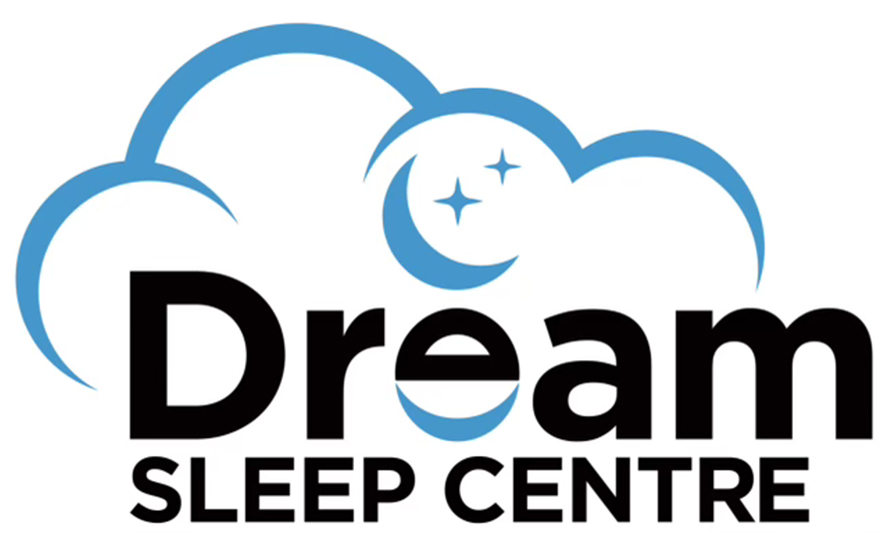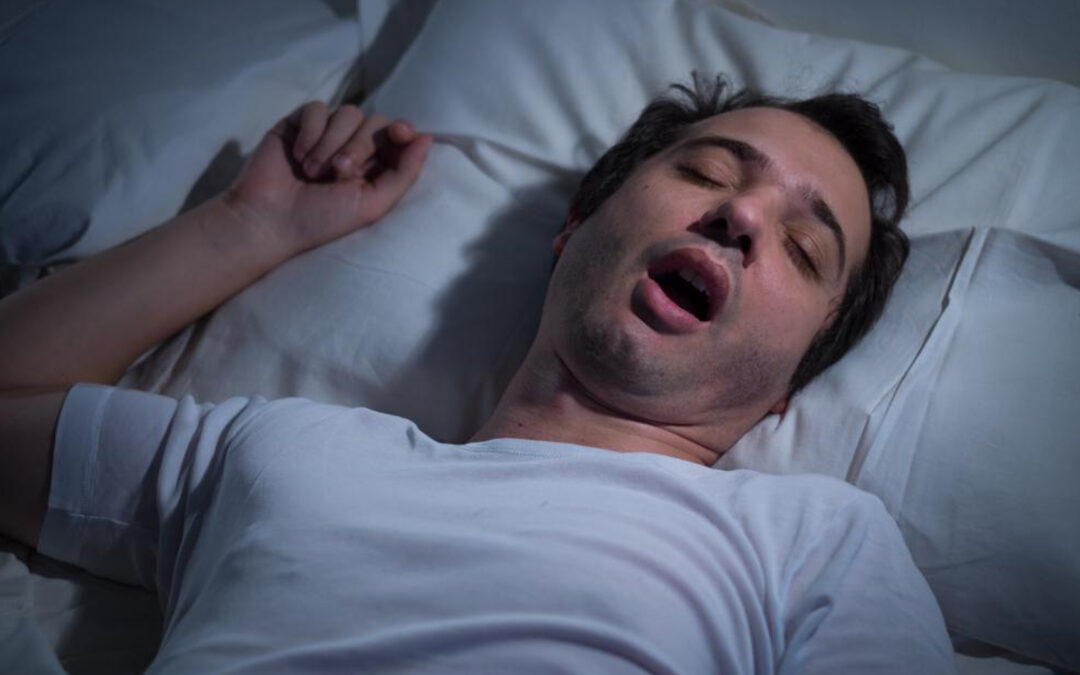Sleep apnea is estimated to affect more than 22 million Americans, although as many as 80% of these are undiagnosed. The main type of sleep apnea is known as obstructive sleep apnea or OSA for short and occurs when a blockage in your airway when you sleep interrupt your usual pattern of breathing. This is normally caused by the soft tissues collapsing and blocking the usual flow of air. This causes the patient to hold their breath for anything up to a minute before their body tells their brain to start breathing again. They take a large breath that sounds like a snort, gasp, or choking noise, and then the breathing resumes. People with sleep apnea can have several or even dozens of episodes a night.
CPAP machines are one of the most effective treatments for the common sleep disorder known as sleep apnea. CPAP stands for Continuous Positive Airway Pressure.
How Do CPAP Machines Work?
CPAP machines treat sleep apnea by delivering a constant stream of pressurized oxygenated air directly into your mouth via a mask and rube. Because the air is pressurized, it forces the airways open and enables you to breathe continuously, without taking the extended pause followed by a gasp, snort, or snore that characterizes sleep apnea.
All types of CPAP machines have the same basic components, but the style of the mask provided with them may vary. These are three different varieties:
Nasal mask: this is a cushioned mask that covers the entire nose and is particularly good for patients who move around a lot when they sleep.
Nasal pillow mask: this variety only has a small cushion placed over your nostril area, sometimes with small prongs that sit just inside your nostrils. This type of mask is usually recommended for people who may wear glasses or who have considerable facial hair, such as a bushy beard or mustache.
Full mask: as its name suggests, this is a full mask that covers both your mouth and nose. It’s most often recommended for people who breathe through their mouth when they sleep, or who have a blocked nose or sinus problems.
What Are The Benefits Of A CPAP Machine?
There are several benefits associated with using a CPAP machine to help with the effects of sleep apnea. These include:
- Improved ability to sleep without being woken up by signals telling your body to breathe.
- Less snoring, which also means less disruption to a partner that you may sleep with.
- Reduced daytime fatigue/sleepiness providing more energy to function throughout your day-to-day life.
- Improved mood and cognitive ability, including concentration and memory.
One of the main advantages of CPAP is that it can prevent or reverse serious health problems that can occur as a result of suffering from sleep apnea. These include:
Heart Disease. Sleep apnea has been linked to a variety of heart issues because the breathing pauses that characterize the condition cause sudden changes in your blood pressure and reduce your blood oxygen levels, placing strain on your heart.
Stroke. Studies have found that people with sleep apnea are up to four times more likely to experience a stroke, which can occur when there is a blockage in one of the blood vessels leading to the brain.
Diabetes. Studies have also found a link between sleep apnea, glucose intolerance, and insulin resistance, meaning that this sleep disorder can increase your risk of developing type II diabetes.
Hearing loss. Research has shown that people with sleep apnea have a 90% increased risk of experiencing hearing loss. Using a CPAP machine to counteract your sleep apnea could help preserve your hearing long-term.
If you would like to find out more about how CPAP machines work, and what they can do for your health, please contact our sleep specialists today at (858) 755-1166 for an appointment!

